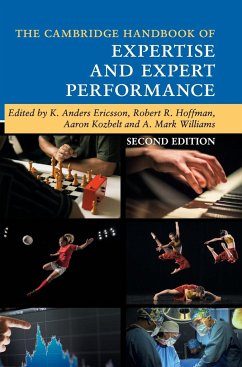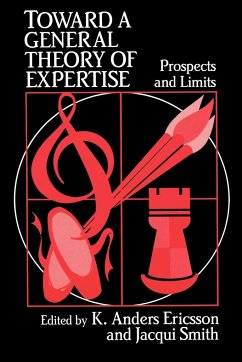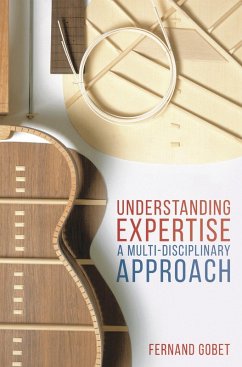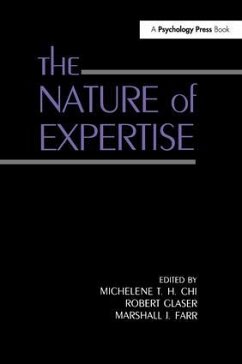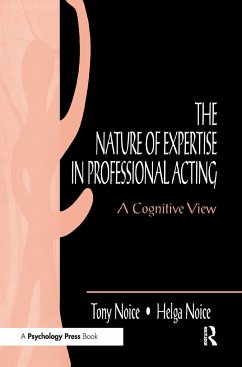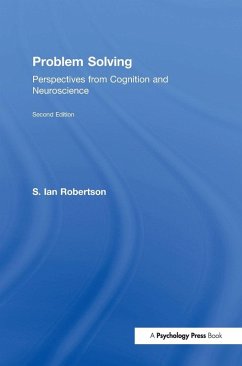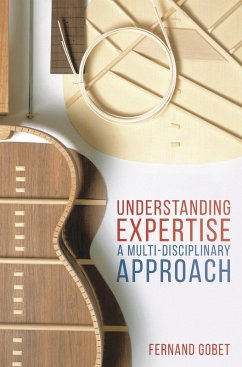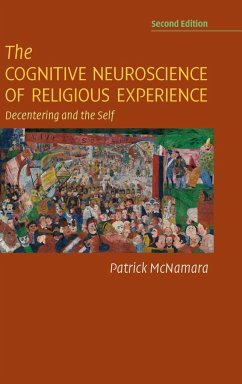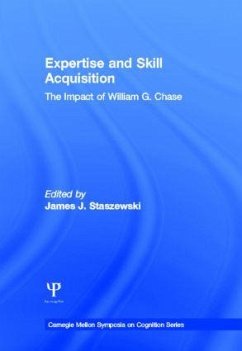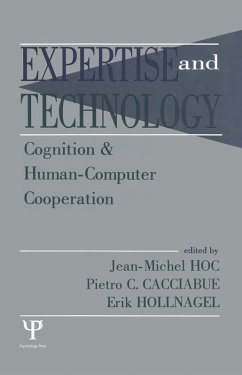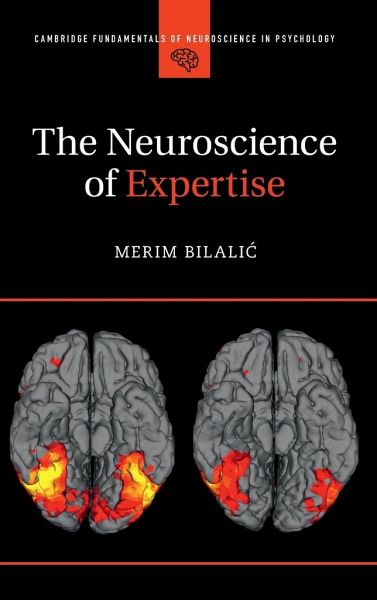
The Neuroscience of Expertise
Versandkostenfrei!
Versandfertig in 1-2 Wochen
152,99 €
inkl. MwSt.
Weitere Ausgaben:

PAYBACK Punkte
76 °P sammeln!
The Neuroscience of Expertise examines the ways in which the brain accommodates the incredible feats of experts. It builds on a tradition of cognitive research to explain how the processes of perception, attention, and memory come together to enable experts' outstanding performance. The text explains how the brain adapts to enable the complex cognitive machinery behind expertise, and provides a unifying framework to illuminate the seemingly unconnected performance of experts in different domains. Whether it is a radiologist who must spot a pathology in a split second, a chess grandmaster who f...
The Neuroscience of Expertise examines the ways in which the brain accommodates the incredible feats of experts. It builds on a tradition of cognitive research to explain how the processes of perception, attention, and memory come together to enable experts' outstanding performance. The text explains how the brain adapts to enable the complex cognitive machinery behind expertise, and provides a unifying framework to illuminate the seemingly unconnected performance of experts in different domains. Whether it is a radiologist who must spot a pathology in a split second, a chess grandmaster who finds the right path in a jungle of possible continuations, or a tennis professional who reacts impossibly quickly to return a serve, The Neuroscience of Expertise offers insight into the universal cognitive and neural mechanisms behind these achievements.





